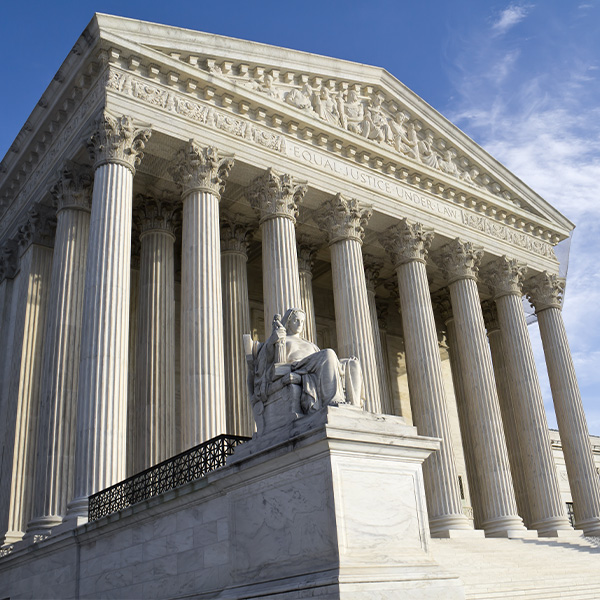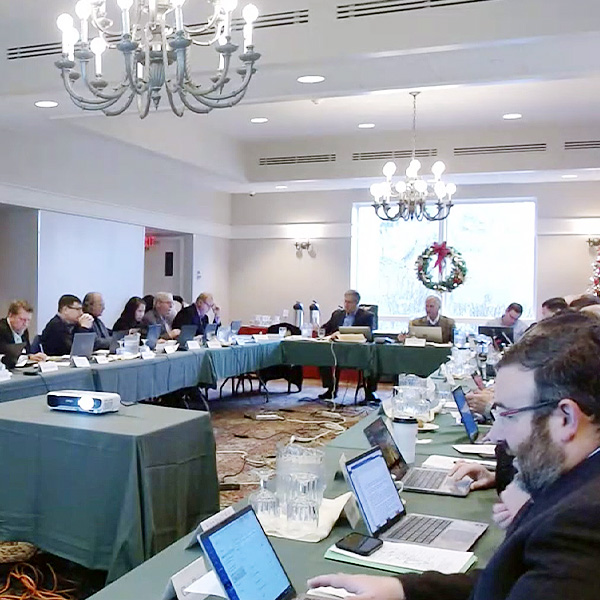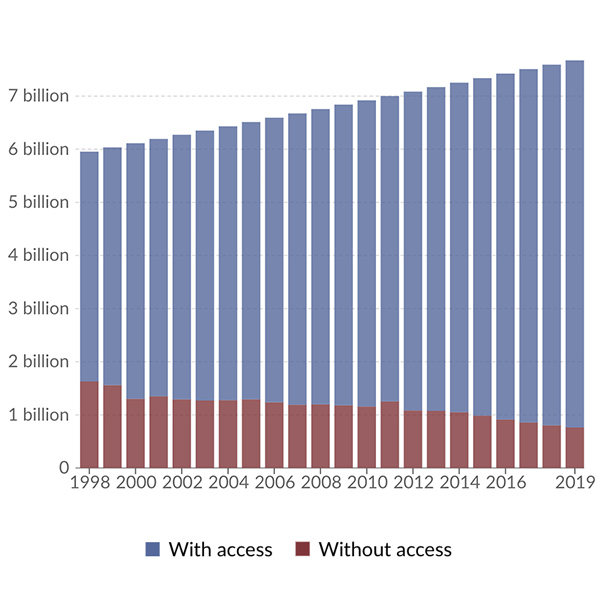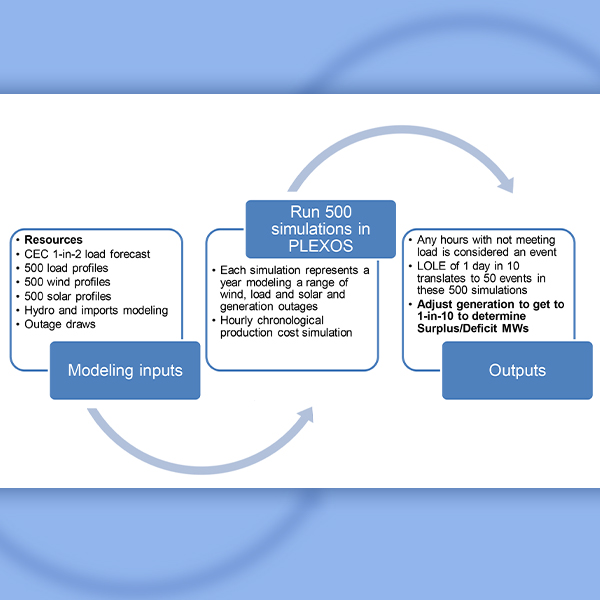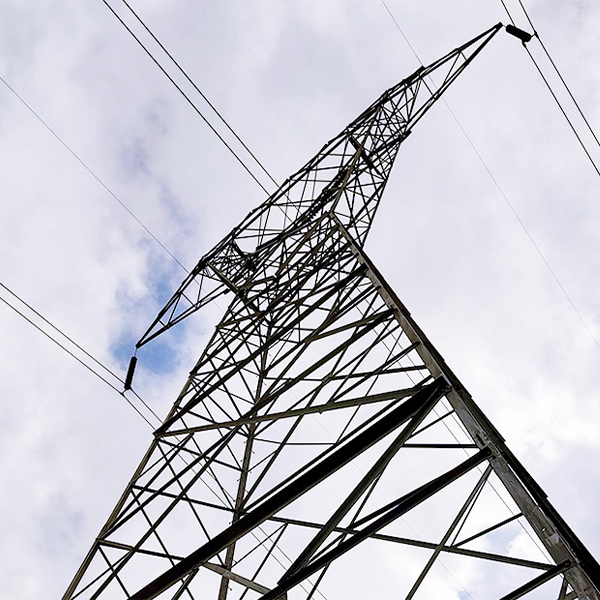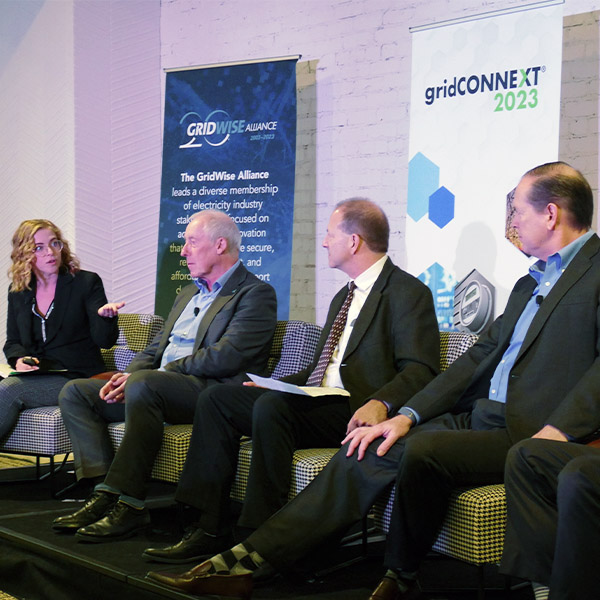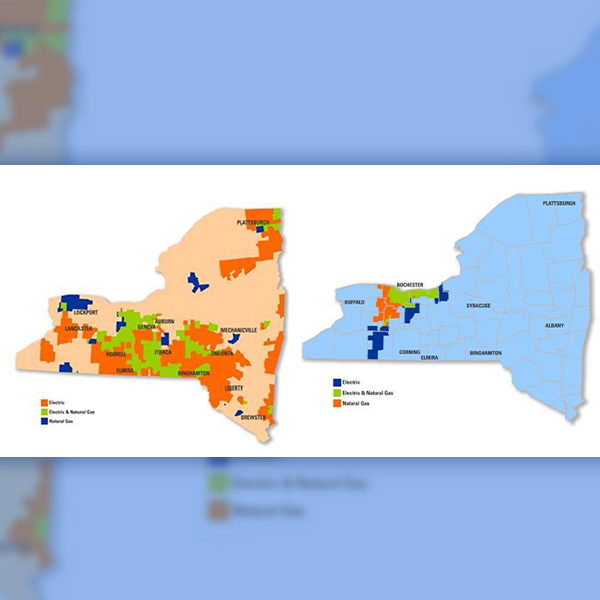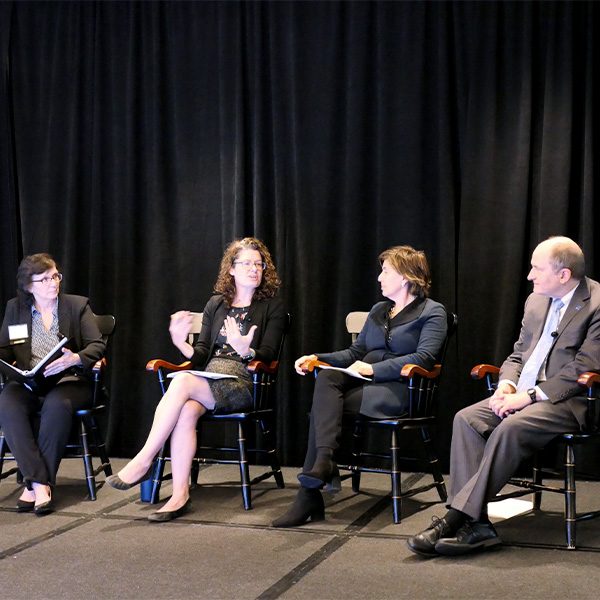Public Policy
Environmental RegulationsReliabilityState & RegionalAlabamaAlaskaArizonaArkansasCaliforniaColoradoConnecticutDelawareDistrict of ColumbiaFloridaGeorgiaHawaiiIdahoIllinoisIndianaIowaKansasKentuckyLouisianaMaineManitobaMarylandMassachusettsMichiganMinnesotaMississippiMissouriMontanaNebraskaNevadaNew HampshireNew JerseyNew MexicoNew YorkNorth CarolinaNorth DakotaOhioOklahomaOregonPennsylvaniaRhode IslandRTO-IndianaSouth CarolinaSouth DakotaTennesseeTexasUtahVermontVirginiaWashingtonWest VirginiaWisconsinWyoming
The U.S. Supreme Court has declined to take up an appeal of a lower court’s ruling that a Texas law giving incumbent transmission companies the first right of refusal to build new transmission lines was unconstitutional.
After four rounds of voting, the New York State Reliability Council Executive Committee approved a 22% IRM for 2024/25, up from 20% for the previous year.
Feeling in the holiday mood, columnist Steve Huntoon points to data that show some things are getting better in the world.
FERC Commissioner Allison Clements said addressing transmission planning issues will be a key component of cutting down interconnection backlogs.
CAISO staff and stakeholders again dove into the details of the ISO’s resource adequacy construct, including potentially creating year-ahead requirements and refining the existing capacity procurement mechanism.
A growing chorus of stakeholders is hoping to see a final transmission planning rule from FERC sometime in the New Year, with a set of letters sent to the commission.
Panelists at the GridWise Alliance's gridCONNEXT conference discussed how to reliably and affordably enable the energy transition with smart meters, distributed energy resources and other investments at the grid's edge.
New England policymakers and stakeholders must not overlook the need for electric affordability in the energy transition, officials from Massachusetts, Rhode Island and Connecticut told attendees of the New England Power Generators Association’s fifth annual New England Energy Summit.
An Iowa court has formally struck down the state’s right of first refusal law, driving uncertainty for $2.6 billion worth of MISO's long-range transmission projects.
Want more? Advanced Search
